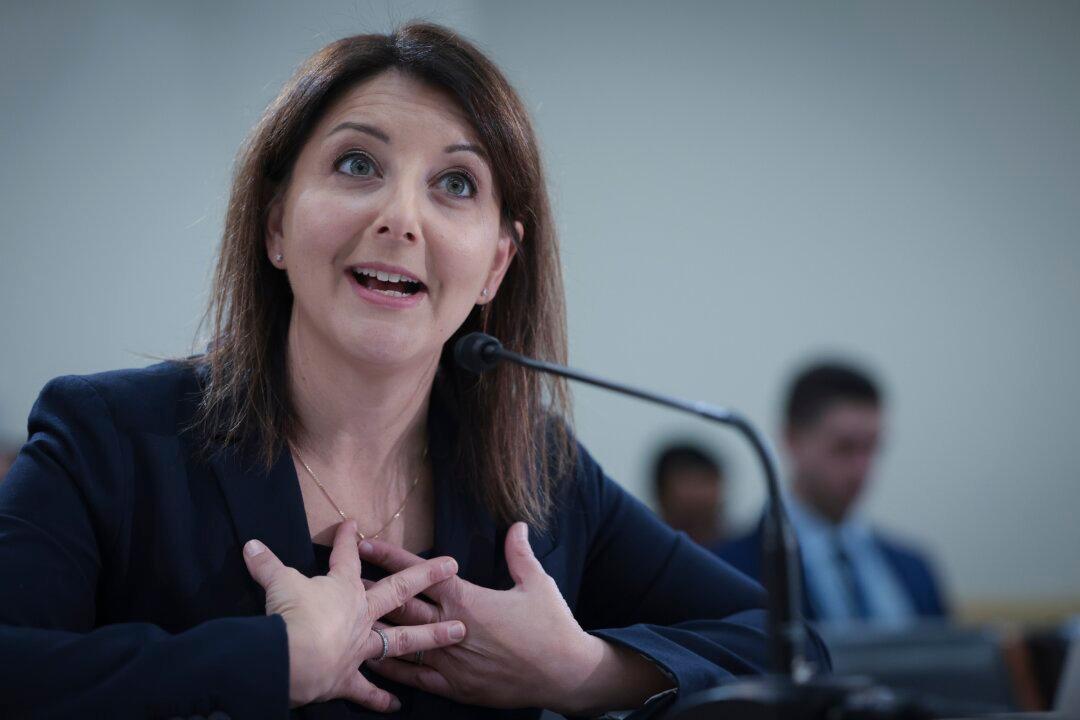The new director of the U.S. Centers for Disease Control and Prevention (CDC) on Nov. 30 defended COVID-era policies like vaccine mandates in her first appearance before Congress.
“I’m very proud of the work we did in North Carolina,” Dr. Mandy Cohen, the new director, told Rep. Jeff Duncan (R-S.C.) after he asked if she regretted any of the policies put into place in North Carolina, such as school closures, when she was the state’s health secretary.





